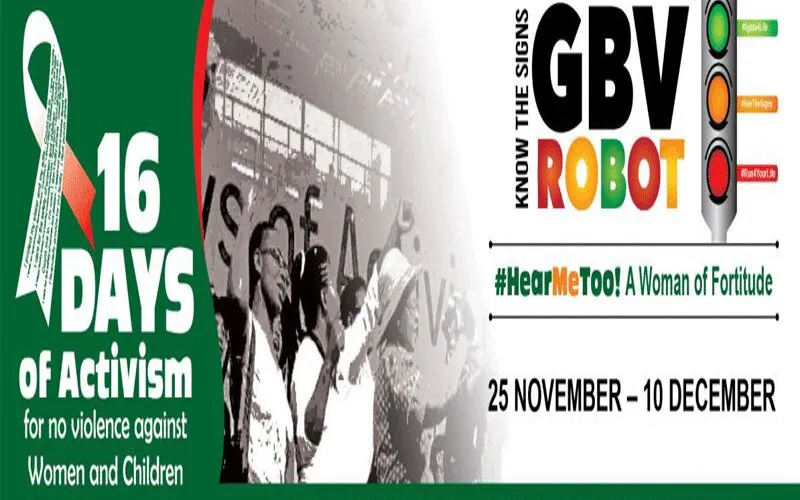Making reference to the Kenyan context of teen pregnancies, Rev. Mwombeki said, “This is certainly not unique to Kenya as Gender-based violence, whether physical, sexual, emotional or economic, is recognized globally as one of the most widespread and persistent violations of the rights of women and girls. It is a universal problem; it cuts across geography, class and culture.”
“It is with this understanding that we are here today to amplify our voices and join the rest of the world in reaffirming our commitment to lend our voices as faith leaders to support advocacy and promote actions that protect women and girls,” the AACC official said.
In his keynote address, Dr. Olasupo who also serves as President of Nigerian Baptist Convention urged faith actors in Africa to create fora to educate the people of God in society equality of both gender, to enlighten the congregation on Gender Justice and Child Protection policies in the church and society and also to advocate for the rights of women and children where they are side lined.
Representatives of faith-based organizations in Africa were also urged to protect and defend the rights of women and children in the church.
“Like the early church in Acts Chapter 6, ensure that the weak and neglected ones are taken care of in the church,” the Religious leader said.
(Story continues below)
Further, the faith-based actors were called upon to recruit and engage different professionals in the church to use their influence to ensure gender equality and protection for children and to always engage Christian political leaders from the church base and speak to their conscience to ensure they stand for justice and ensure the weak are protected in the society.
The Nigerian Religious leader quoted the United Nations Development Fund for Women (UNIFEM) statistics, which indicate that on average, women are paid 24 percent less than men for comparable work, across all regions and sectors and that nearly two thirds of the world’s 781 million illiterate adults are women, a proportion that has remained unchanged for two decades.
The statistics further indicate that 153 countries have laws, which discriminate against women economically, including 18 countries where husbands can legally prevent their wives from working and that worldwide, 1 in 3 women and girls will experience violence or abuse in their lifetime.
As for protection of vulnerable children, Rev. Olasupo observed that in some cultures and traditions of the world, children are seen as working tools to be used for commercial purposes.
“Children are not given adequate attention by parents, adults and even governments in some countries. Several of them have to fend for themselves since parents do not take responsibility,” he said.
The President of Christian Association of Nigeria (CAN) noted that child begging is a familiar scene on the streets of some cities in Africa.
“Minors can be seen hawking on the street for survival and income earners for some adults. These children are mostly exposed to abuse by those who have no regard for them. Some girls get pregnant for those who are ready to take responsibility and some others grow up to be hardened criminals,” he lamented.
According to the Religious leader, child protection goes beyond helping children break the cycle of poverty or providing health care and education.
“It’s about working toward the complete well-being of each and every child, and that means keeping them safe and helping them to use their in-born potential in positive ways,” he said.
Agnes Aineah is a Kenyan journalist with a background in digital and newspaper reporting. She holds a Master of Arts in Digital Journalism from the Aga Khan University, Graduate School of Media and Communications and a Bachelor's Degree in Linguistics, Media and Communications from Kenya's Moi University. Agnes currently serves as a journalist for ACI Africa.








